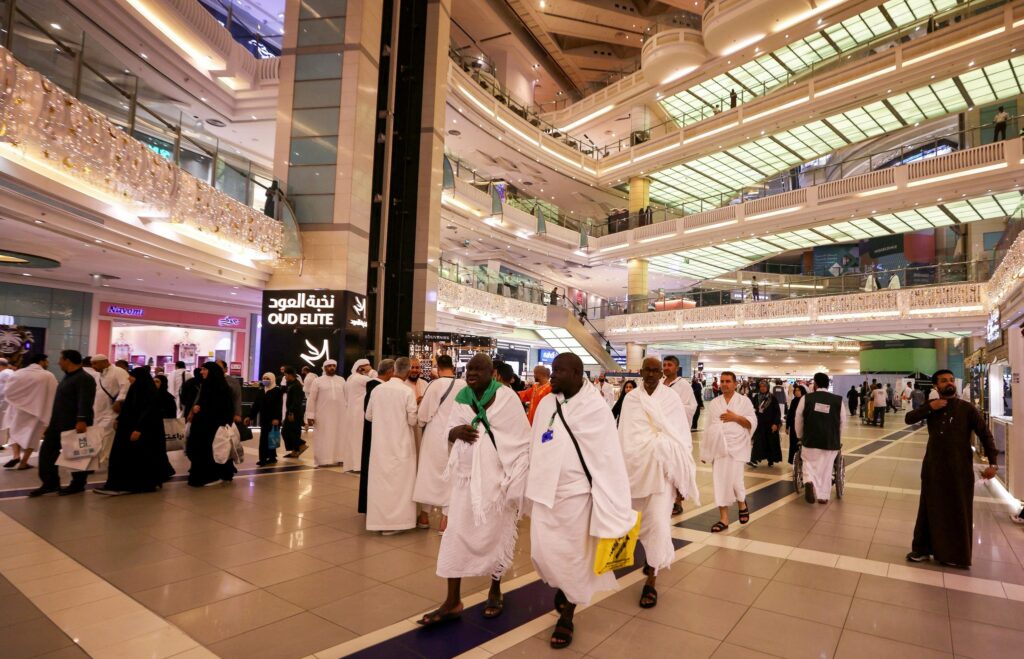As oil prices fluctuate, Gulf economies are under growing pressure to rethink their fiscal strategies. Saudi Arabia, the region’s largest economy, is leading the charge with tax reforms aimed at bolstering long-term resilience.
Rather than raising tax rates or introducing abrupt levies, Riyadh has adopted a more strategic and structural approach.
Through reforms led by the Zakat, Tax and Customs Authority, Saudi Arabia is demonstrating how forward-looking tax policies can help recover lost revenue while also enabling growth and investment.
VAT, real estate tax and zakat
One of the most impactful moves has been the amendments to the VAT Implementing Regulations that took effect on April 18 this year. These changes aim to enhance VAT application, particularly in sectors previously characterised by ambiguity, while aligning with global best practices.
The Zakat, Tax and Customs Authority has also enhanced VAT refund procedures for tourists – a seemingly small step with major implications. By simplifying the process, Saudi Arabia is boosting the tourism sector and reinforcing its position as a destination where transparency and ease of doing business are priorities.
Saudi Arabia’s Real Estate Transaction Tax Law came into effect in April 2025. The reform expands exemptions for transactions related to initial public offerings, mergers and investment funds. It also introduces more proportional penalties and clarifies liability rules, reducing the compliance burden on property developers and investors.
These policies stimulate real estate activity and contribute to formalising the sector.
Saudi Arabia’s Zakat Executive Regulations, implemented for fiscal years beginning January 1 2024, streamline calculation methods and clarify scope and obligations. These reforms enhance consistency and make it easier for businesses to comply, especially as the zakat framework becomes more integrated with the broader tax environment.
This step is pivotal in building trust in the system.
Tax incentives and technology
Saudi Arabia has introduced aggressive tax incentives to support its special economic zones and regional headquarters programme, key pillars of Vision 2030.
Businesses operating in approved SEZs benefit from a reduced 5 percent corporate tax rate for up to 20 years, 0 percent VAT on intra-zone transactions and withholding tax relief.
The regional HQ programme offers multinational firms a 30-year tax holiday, solidifying Saudi Arabia’s ambition to serve as the region’s command centre for global companies.
Beyond legislative reforms, Saudi Arabia is investing heavily in technology to ensure implementation aligns with its plans.
The tax authority’s Fatoora platform for e-invoicing is digitising the VAT ecosystem. This initiative is aimed at reducing fraud and increasing real-time visibility into transactions, as well as lightening the administrative load on compliant taxpayers.
E-invoicing is also foundational for creating a digital tax infrastructure that serves future reforms, whether in carbon taxation, technology-linked revenues or cross-border digital trade.
Lessons for Gulf peers
Saudi Arabia’s tax reforms offer strategic lessons for policymakers around the Gulf. First, tax design must align with national vision. Fiscal reforms should reflect long-term development goals. The kingdom’s tax strategy is deeply connected to Vision 2030.
Second, tax certainty is as valuable as incentives. Reducing ambiguity, automating processes and communicating consistently are critical to building confidence among investors and citizens.
Third, revenue recovery should not compromise equity. Instead of imposing new taxes, Saudi Arabia has focused on improving efficiency, enhancing compliance and implementing sector-specific strategies to address its challenges. That balance protects social stability while improving fiscal performance.
Saudi Arabia’s tax-to-GDP ratio remains below the average of the G20 countries, according to a 2024 International Monetary Fund report. But recent reforms are beginning to close that gap without undermining competitiveness.
The World Bank, meanwhile, stresses that sustained non-oil revenue growth is vital for long-term fiscal stability across the Gulf. Saudi Arabia is answering that call not through austerity but through innovation-led reform.
In a region where taxes are often viewed as a delicate subject, Saudi Arabia is proving that carefully implemented reforms can serve as a lever for growth.
To sustain momentum, the next phase of reform must prioritise stronger institutional capacity, improved taxpayer services and deeper engagement with the private sector. These pillars are crucial for maintaining trust and maximising the potential of taxation as a catalyst for economic reform.
All eyes will be on Saudi Arabia’s tax evolution, particularly as Oman looks to press ahead with its contentious personal income tax policy.
Saudi Arabia’s strategy sends a clear message to the region and the world: a future-ready economy starts with smart, adaptive fiscal policy.
Manal Abdel-Samad is a senior adviser in fiscal policy and organisational restructuring. She was minister of information in the Lebanese cabinet



